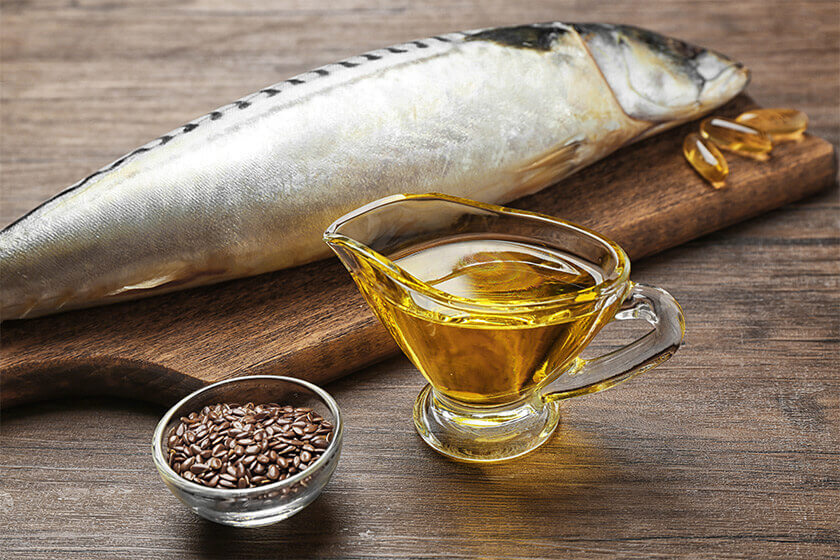Inflammation may harm the body in many ways, including the joints. Inflammation causes the linings of joints to expand, causing joints to become red and heated. Chronic inflammation is connected to lupus, psoriatic arthritis, and rheumatoid arthritis, and is a sign of osteoarthritis when soft tissues are irritated by bone degeneration. When inflammation is left ignored or develops to be chronic, it can cause major joint injury. Your daily activities might have a significant influence on your joint’s health and durability. Choosing foods that promote bone density, connective tissue strength, and inflammation reduction, for example, can help you avoid injuries and protect your bones and joints so that you may enjoy a long and healthy life.
Foods have an increasingly important role in joint health and pain reduction, according to numerous medical studies. Anti-inflammatory foods share a number of properties. When compared to other foods, they have greater quantities of omega-3 fats and antioxidants. The reality is that so many of the kinds of food that individuals eat are causing them to have greater joint pain and serious arthritis symptoms than they would otherwise have.
Well, if you would like to learn about the various foods for joint pain, allow us at The Summit to educate you on it and provide you with techniques to manage it.
Brassica Vegetables
You might be wondering what those are. Brassicas, sometimes referred to as cruciferous vegetables, are related to the cabbage and mustard families. Brassica leafy greens include purple cabbage, kale, arugula, and mustard greens. Brussel sprouts, broccoli, and cauliflower are among the other popular and delicious veggies on the list.
This subgroup of the veggie population has been found to inhibit an enzyme that promotes joint swelling. They are also high in fiber, vitamins, and minerals, which are beneficial to one’s general well-being and health.
Fruits That Are Colorful
Fruits have a negative reputation due to their increased sugar content, however many are abundant in antioxidants. Certain fruits, like vegetables, are more helpful than others when it comes to lowering inflammation within the body.
Blueberries, which are abundant in anthocyanins, one of the most potent flavonoids, are a favorite of ours. These assist in the body’s “turning off” inflammatory reactions.
Pome fruits are yet another anti-inflammatory fruit that is high in fiber and also has gut-health advantages.
Bromelain, a vitamin that has been demonstrated to alleviate joint discomfort caused by rheumatoid arthritis or osteoarthritis, is another reason pineapple belongs on our shortlist. The core and stem of the pineapple, however, contain most of the bromelain.
Finally, there are tomatoes, and yes, they are considered a fruit. Lycopene, a potent antioxidant, is found in tomatoes. Grilled tomatoes are even higher in lycopene than raw tomatoes. To receive the most benefits, make sure to eat the skin.
Olive Oil
Peanut oil, sunflower oil, and vegetable oil should all be avoided since they can all cause inflammation. Instead, use several tablespoons of extra virgin olive oil in salad dressings and for cooking. Choose the extra virgin variety, which has been less processed.







